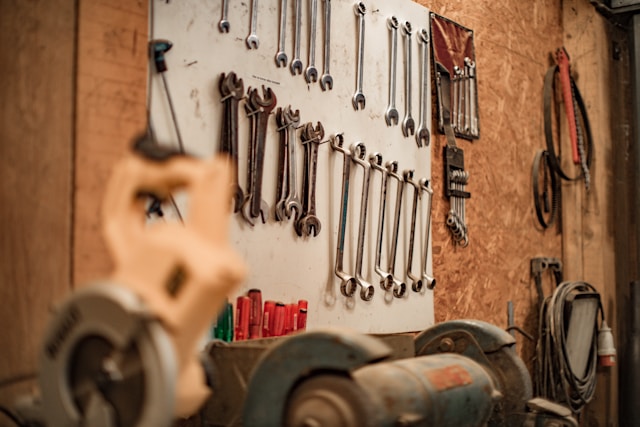When you start a project, having the right tools and parts can mean the difference between a smooth experience and a frustrating disaster. But with so many options in stores and online, how do you know which ones to choose?
In this guide, we’ll break down the decision-making process so you can confidently pick the right tools and parts for any job.
1. Understand the Project Scope
Before buying anything, clearly define your project:
-
Are you repairing, building, or maintaining something?
-
Will it be a one-time job or a recurring task?
-
Do you need tools for precision or heavy-duty work?
2. Identify the Must-Have Tools
Most projects fall into one of these categories:
-
Assembly (needs screwdrivers, wrenches, and fasteners)
-
Cutting (requires saws, knives, or cutting wheels)
-
Measuring (needs tape measures, rulers, or calipers)
-
Finishing (sandpaper, paintbrushes, sealants)
3. Choose Quality Over Quantity
A cheap tool might save money upfront, but it often wears out quickly or causes mistakes.
Look for:
-
Solid construction
-
Comfortable grips
-
Good reviews from trusted sources
4. Consider Tool Versatility
Multi-tools and adjustable tools can replace several single-purpose items, saving space and cost.
5. Match Parts to the Tool
The wrong size or type of part can ruin your project.
-
Screws: Match the head type to your screwdriver.
-
Drill bits: Match to material type (wood, metal, masonry).
-
Sandpaper: Choose grit based on the finish you need.
6. Safety First
Choose tools that include built-in safety features and always pair them with appropriate protective gear.
Final Thoughts
Choosing the right tools and parts is a skill you’ll develop over time. Start with a core set, buy quality items, and always match your tools to your project’s needs.

